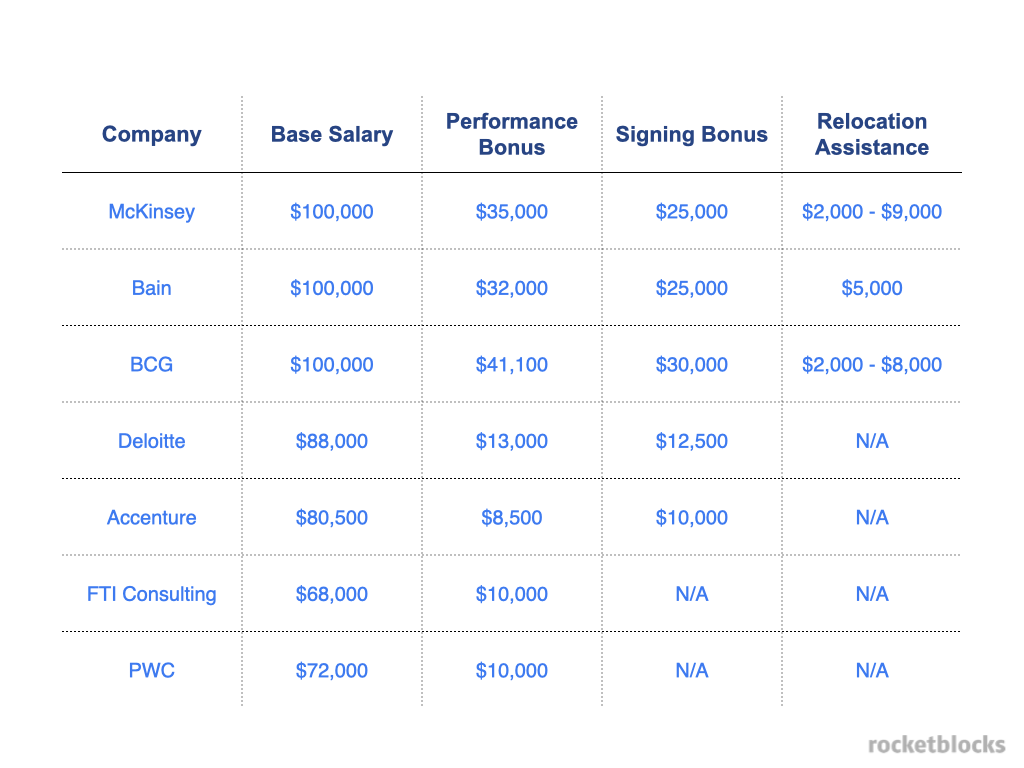
This article discusses some of the most important trends in web development. These trends include mobile-first design, Micro Frontends and Serverless architecture. Each trend is explained in detail. This article will help you make informed decisions about the best technologies for your next project.
Mobile-first development
Web designers need to be aware of mobile users' journeys, as mobile traffic continues its growth. The "mobile-first" principle encourages designers to design a website first for mobile use, before scaling down to desktop or laptop screens. This ensures seamless web experience across all devices and platforms.
Mobile-first websites should feature a large headline, high-quality photography, and a call-to-action button that draws the user's attention. These websites must look and feel the same on mobile as desktops. A smartphone device will likely include voice recognition as well as haptic feedback to enhance the user's experience. These features are essential to mobile-first web experiences and will help you stand out from your competitors.
Micro Frontends
Micro frontends, web applications that are designed to operate at a small scale, are called micro frontends. These applications can be made up of many components and often use different technology stacks. This approach allows you to reuse your code more often. Instead of creating a huge frontend monolith, developers create smaller components that can be reused over and over. This makes adding new features much easier and more efficient.

Micro frontends often include multiple components that share context data and communication channels. They can also share UI themes and locale. The web application shell will load and mount these components. It will programmatically locate JavaScript modules to add the necessary functionality.
Serverless architecture
Serverless architecture is a rapidly emerging trend in Web development, and the market is predicted to grow at a CAGR of more than 20% by 2027. This model eliminates the need for servers and reduces the development effort and cost of server management. These advantages include greater speed and flexibility and no need for policies or scaling issues.
It is suitable for use in artificial intelligence, mobile and internet-of-things projects. It also works well for low-light websites and is becoming a must-have for mobile applications.
Content personalization with machine learning
Personalization of content is becoming an increasingly important aspect of any web service. Website owners can use machine learning algorithms and analyze visitors' behavior to adapt content to their individual needs. Although this personalization is not visible to visitors, it can increase engagement and conversion. This technology could give your company an edge over the rest. It is important to understand that machine learning has its risks. Web applications collect more data, making them a target for cyber criminals and hackers. It is important to protect your site from such threats.
Personalization of content is a way to make customers' journeys easier by delivering the right content to them. Machine learning algorithms can identify the contexts that lead to a specific need and can deliver that content to the person in the appropriate time. Websites can use these algorithms to adapt content to user preferences and improve their overall user experience.

Push Notifications
Push Notifications are a recent web development trend that encourages users to take action. Instant notifications enable users to keep up with new content and offers without ever having to login or provide credentials. Push notifications are customizable to meet individual needs. They can also drive more people to your website. You can use them to send relevant updates or news that the user might not have known about.
Push notifications enable brands to build trust with customers and maintain close relationships. Push notifications can also be subscribed to via mobile devices. This trend encourages experimentation, and encourages interactivity.
FAQ
What are the benefits to being a consultant?
As a consultant, you can usually choose when you work and what you work on.
This allows you to work wherever and whenever you want.
You also have the freedom to change your mind at any time without fearing losing your money.
Finally, you have the ability to control your income levels and establish your own schedule.
Why should consultants be hired?
There are many factors that could lead to you hiring consultants.
-
Your organization may have a specific project or problem that needs solving
-
You would like to improve your skills or learn new things
-
You'd like to work in conjunction with an expert in a specific field
-
The task is yours alone.
-
You feel overwhelmed with all the information you see and don’t know where it is.
-
You can't afford to pay someone full-time
You can find good consultants by word of mouth. Ask around to see if you know any good consultants. If you are already acquainted with someone who works as an advisor, ask them for recommendations.
If you choose to use online directories such LinkedIn, make sure to use the "Search People” function to locate consultants in your area.
What qualifications do you need to be a consultant?
It is not enough to have an MBA degree. You must also have experience as a consultant. You must have at least two years' experience working in consulting and/or training within a large company.
Your experience in strategy development projects requires that you work closely with senior managers. This means you'd have to be comfortable presenting ideas to clients and getting buy-in.
A professional qualification exam like the Certified Management Consultant (CMC), Chartered Management Institute, is required.
Do I need legal counsel?
Yes! Yes! Many consultants create contracts without consulting clients. This can lead into problems down-the-road. What happens if a client terminates the agreement after the consultant's completion deadline? Or, what happens if the consultant doesn't meet the deadlines set forth in the contract?
To avoid any problems, it's best that you consult a lawyer.
What are the different types of jobs available for consultants?
Being a consultant will require you to have a solid understanding of business strategy as well as operations. Understanding the business world and how it fits into society is essential.
Being a consultant requires great communication skills and the ability think critically.
Because they might be required to complete different tasks at different times, consultants must be flexible. Consultants should be able to quickly change their direction if necessary.
They should be able to travel extensively for clients. This type of work can take you all around the globe.
They also need to be able to handle pressure and stress well. Sometimes, consultants may be required to meet strict deadlines.
As a consultant, you may be expected to work long hours. This means that you may not always get paid overtime rates.
What happens after the consultant has finished the job?
After the consultant has completed the work, they will submit a final document detailing the results. This report includes project timelines, deliverables, and any other pertinent information.
The report will be reviewed and you can decide if the consultant met all your expectations. If you are not satisfied with the consultant's report, you have the option to ask for modifications or to terminate your contract.
Statistics
- According to statistics from the ONS, the UK has around 300,000 consultants, of which around 63,000 professionals work as management consultants. (consultancy.uk)
- Over 62% of consultants were dissatisfied with their former jobs before starting their consulting business. (consultingsuccess.com)
- According to IBISWorld, revenues in the consulting industry will exceed $261 billion in 2020. (nerdwallet.com)
- So, if you help your clients increase their sales by 33%, then use a word like “revolution” instead of “increase.” (consultingsuccess.com)
- 67% of consultants start their consulting businesses after quitting their jobs, while 33% start while they're still at their jobs. (consultingsuccess.com)
External Links
How To
How do you find a good advisor?
The first step in finding a good consultant is understanding what you want from your consultant. What do you need them to do for your website? Do you want them to optimize your site to rank higher in search engines? Or perhaps you just want someone who can tell if there are any issues with your current hosting provider. You should know the type of services that you require before you start looking at other companies. Many consultants claim to be able to provide these services. However, only a handful of them actually deliver on their promises. How do you select the right consultant for your project? These are some things you should consider when choosing a consultant.
-
Get recommendations. This is the best method to find a consultant. Hire someone you don't know because they're likely to charge too much. You also don't want someone with a poor reputation to work for you. If you're lucky enough to get referrals from people you trust, then great! However, even if this is not possible, you might still be able check reviews online. Seek out testimonials from satisfied clients.
-
Ask around. Many people don’t know that they could gain from consulting. People believe they don't have to make any changes because they are currently doing well. This is often false. Even if your results are great, there's a good chance that you haven’t kept up with the latest trends and technologies. Relying on outdated methods will prevent you from maximizing your potential for growth. It's always worth asking for referrals to find good consultants.
-
Make sure to verify their qualifications. No matter how small your project is, it's important to ensure that the consultant you choose has the necessary skills. You must ensure they have the necessary skills and qualifications to carry out the tasks.
-
Find out what type of projects they are skilled in. It is a common misconception that everyone can manage everything. Some areas require specialized training and education. If you are looking for someone to create a WordPress theme, then you will not want to hire someone who isn't a specialist in Drupal. The same applies to programming languages, graphic design and other areas. Be sure to ask what kinds of projects they typically work on.
-
It is important to know what the charges are. You don't want a consultant who charges too much. However, you don't need to pay too much. Consultants come from all walks of life. Some charge hourly rates while others bill per project. You can save money by knowing upfront exactly what you will be paying.
-
Know what they offer. Are they available for free consultations Will they give you advice on how to set up your own system? Is it possible to be sure that your site ranks higher when you work with them You can cancel the consultation without penalty if your opinion is not what you wanted.
-
Also, ask if discounts are available for multiple months and years. Many consultants offer extended discounts for long periods. Although you do not have to commit to a year, it is possible to take advantage of any offers they may offer.